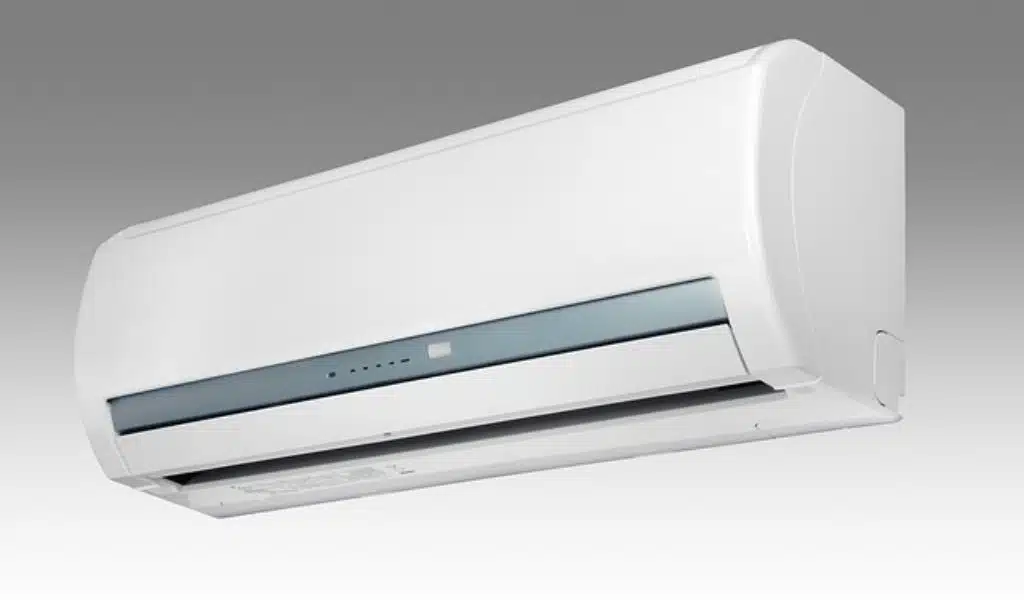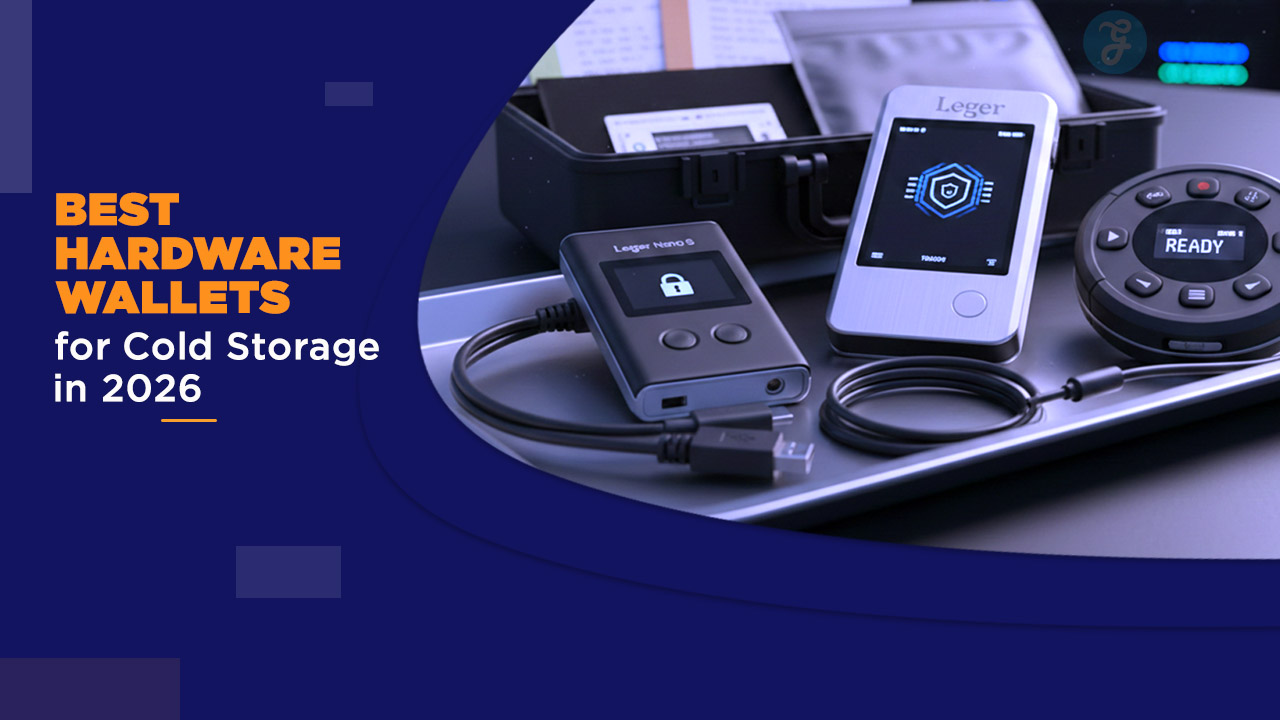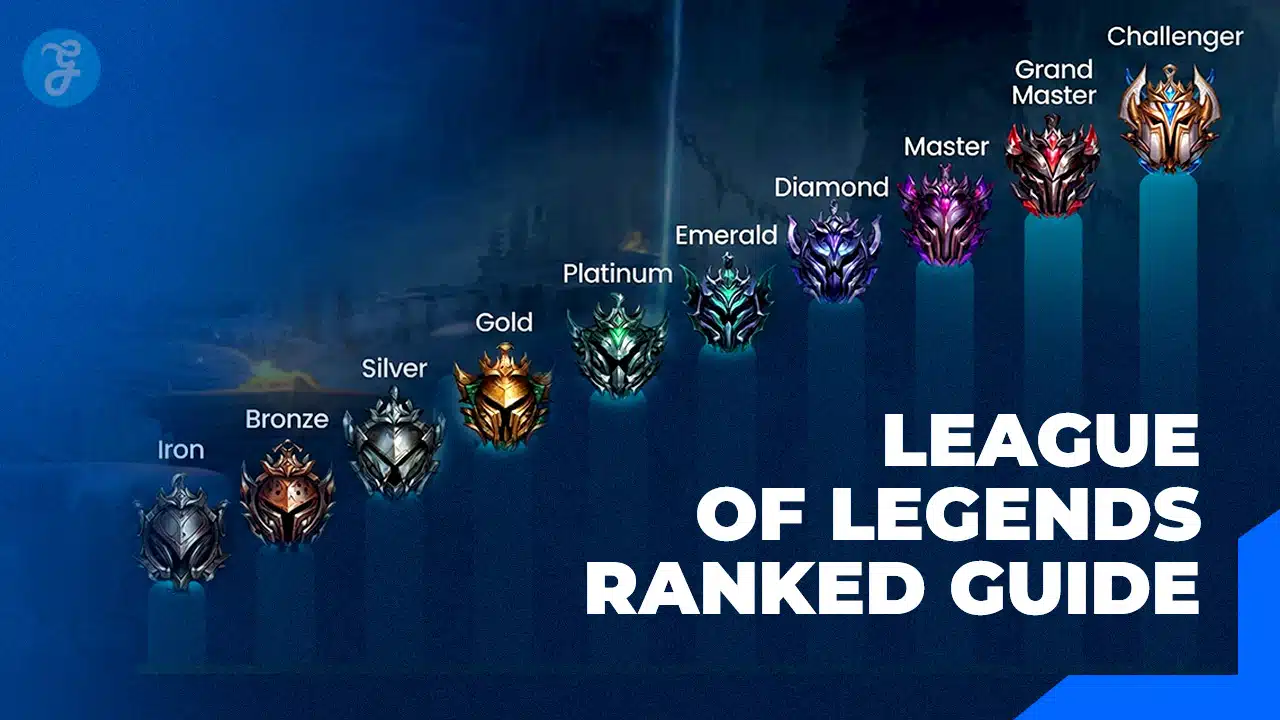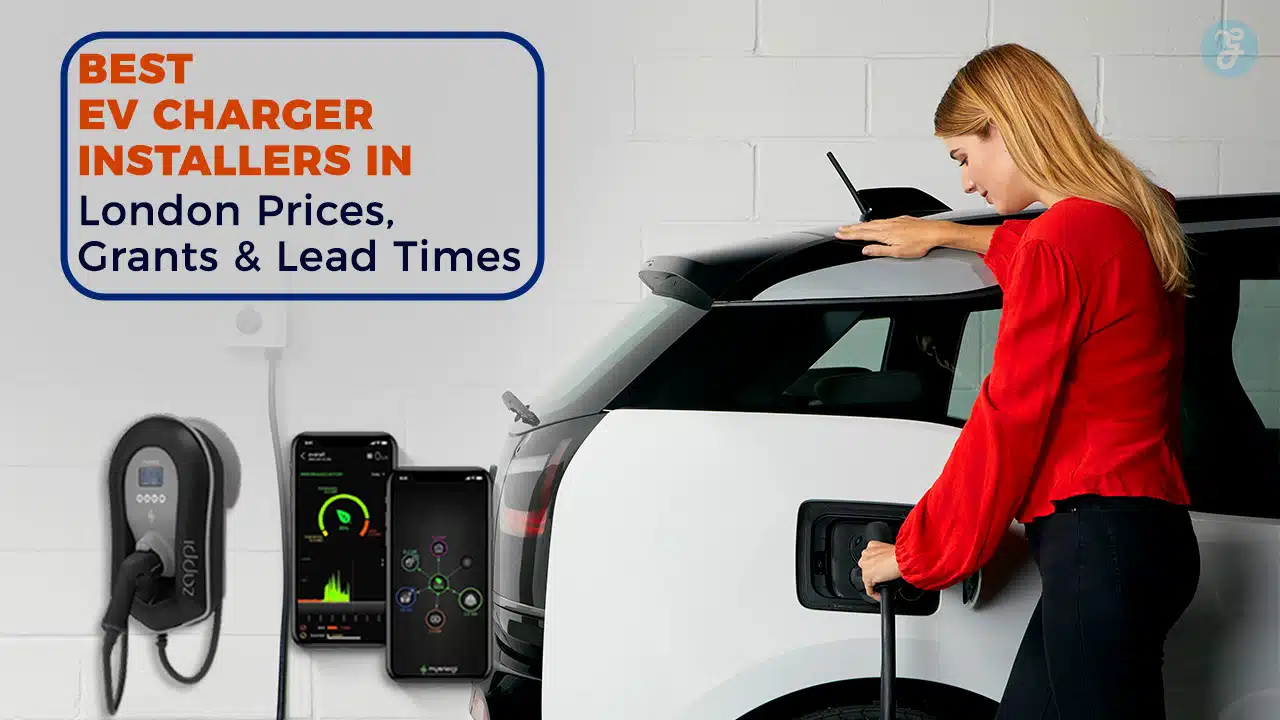Listen to the Podcast:
Investing in air conditioning is a reflex for many of us in these very hot periods. Guaranteeing a homogeneous and almost immediate freshness, this device contains several mechanisms worthy of mechanical dexterity. Therefore, it is not uncommon to see malfunctions, which can quickly become hot topics if they happen at the wrong time, i.e., in the middle of summer!
Air Conditioning that does Not Cool: Solutions to Avoid Heat Stroke
Does your air conditioner refuse to cool down? It’s pretty annoying when the heat wave is in full swing, putting the nerves to the test.—In addition, it may be worth considering the benefits of incorporating Humidifiers into your home. While air conditioners are primarily responsible for cooling the air, they can sometimes remove too much moisture, leading to excessively dry indoor environments.
Relatively quick to diagnose, the problem is not always very complex to solve. The result is usually simple and binary: it can be reached with a few gestures, or the intervention of a professional is mandatory. Explanations:
| Recommendations | Solutions |
| The device no longer takes into account its programming cycle. The power recently went out in your house. The device appears to be in “eco” mode. A reset has been performed. |
Take the remote and reprogram it. |
| The device is “on” but does not produce any sound. | Check your connections. Check your electrical panel. Close the openings in your home. Lower the requested temperature. |
| There is dust on the filters. It has not been maintained for several years. |
clean filters Have maintenance done by a professional. |
| The air conditioner seems to be overheating. makes an unusual noise Starts and shuts off immediately. |
Have the status of the compressor checked. Shut off the power to the appliance. |
| My device has a refrigerant gas leak. | Turn it off and contact an expert. Don’t try to interfere. |
1. Try to Reschedule
Devices equipped with digital microprocessors can sometimes change settings unexpectedly. It may also be that a power outage in your home has forced you to reset your air conditioning, or someone you know may have changed your usual temperature. It may also be that a delayed cycle is programmed or that the economic mode of your energy is a little too stingy with the freshness.
Can’t access your machine’s settings? The remote control may be defective!
2. Check your Power Supply
Technologies evolve at a considerable speed! This is not without optimizing all aspects of the machines, including their noise emissions.
If you quickly get used to a silent device every day, you might not even notice when it’s on, off, or even broken! Especially when you program and live “at your own pace”.
Pay attention to the sound it makes. If it is zero and the device is not supposed to be turned off, it may not be turned on anymore off, it may not be turned on anymore. This fault can come from a fuse or from your electrical panel. A cable can also be cut in one place, in which case detection can be more complex if your electrical installation is embedded.
On the other hand, the control of the internal electrical circuit will be in the hands of a qualified professional.
3. Make Sure your Home is Ready to Cool
Let’s explain. Although the air conditioner is a very powerful device, it does not work miracles without a little help.
In this sense, you should know that your home must be perfectly insulated and sealed from outside air inlets. Therefore, heat should not penetrate through doors or windows, especially if they are only equipped with single glazing. So be sure to close all the openings in your home, then try running your air conditioner again.
4. Clean your Filters
The maintenance of an air conditioning unit is more than essential. In fact, it guarantees maintenance in good condition over time and also ensures the good health of the occupants of a home.
Dirty mechanical filters can explain the lack of fresh air coming out of an air conditioner. By altering the cleanliness of the components, dust or mold can seriously impede air circulation. The result is unequivocal: bad odors appear, and your comfort level drops! The cleaning of the filters allows, therefore, and very often, to restore all their vigor to an air conditioner; that’s why:
- Open or remove the lid.
- Take out the air filters.
- Vacuum the dust present on the surface of the filters.
- Clean them if necessary with slightly soapy water.
- Reassemble the assembly after it has completely dried.
5. Check the Condition of the Compressor
Warm air production is a symptom of a faulty compressor.
If your thermal protection no longer works or works badly, you risk operating with little current or overheating. If the compressor makes noise, it may be that it lacks oil or, on the contrary, that it is excessive. The nozzle and regulator may also require replacement.
Finally, if it doesn’t boot at all, the phase driver may have tripped.
6. Contact a Professional
Although avoided as much as possible by their design, some electrical appliances can fall victim to refrigerant gas leaks. Particularly harmful, the latter must be handled with care.
Do not take any risks and contact a professional to carry out the necessary checks and replacements.
The latter will also be the only one capable of checking the condition of the belts and the possible presence of a plug or frost on the exchangers. You can also check the status of the pressure switches or the calibration of the protection.
Why is my Air Conditioning No Longer Cooling? 4 Possible Causes
Does your favorite device no longer do its job? Find out straight away the four most probable causes of this problem: to judge coldly and act hotly!
1. It is Deprogrammed
Have you recently entrusted the remote control to a guest who is not very familiar with your device? Has a storm (probably this summer) caused a power outage at your home? Have you activated the “economy” mode to reduce the impact on your electricity bill?
Still, a change to your air conditioner’s programming can have an immediate result! Check the ambient temperature and also check that the requested one is not too high; a change in the parameters would not hurt.
2. You have an Electrical Problem
This is a very common concern. Electricity is at the heart of our homes and appliances, and they are the first to suffer when it experiences a weak moment.
So, the fault can be external (circuit breaker, embedded cable, etc.) or internal to the air conditioner (electronic board, motor power supply, etc.).
3. Your Filters are Clogged
Reversible or not, any device can experience a drop in performance when dirty or clogged. The day-to-day often makes us neglect the maintenance of electronic or mechanical devices in the home, even if their capacities depend on it.
Just as we regularly empty a vacuum cleaner or defrost a refrigerator, it is recommended to periodically maintain the filters of an air conditioner so that it produces as much cold air as when it started!
4. An Internal Component is Faulty
Air conditioners are in high demand when they work at full capacity during the summer season.
These investments, sometimes very expensive, are optimized to last over time; however, their aging is inevitable, so it entails many small inconveniences: the compressor or the gas circuit may be damaged, the pressure switches or components of the electronic board require replacement, etc. This is normal, but it is better to deal with it as soon as possible.
To conclude, know that the installation of an air conditioner should not be done lightly. It is essential that the start-up is successful to guarantee an optimal result. In concrete terms, this means that the tightness of the circuit must be checked with nitrogen under pressure or that the flare nuts of the device must be tightened with a torque wrench. Finally, an additional charge must be provided for long circuits. Scales and fine adjustments that only an authorized technician will be able to perform!













































